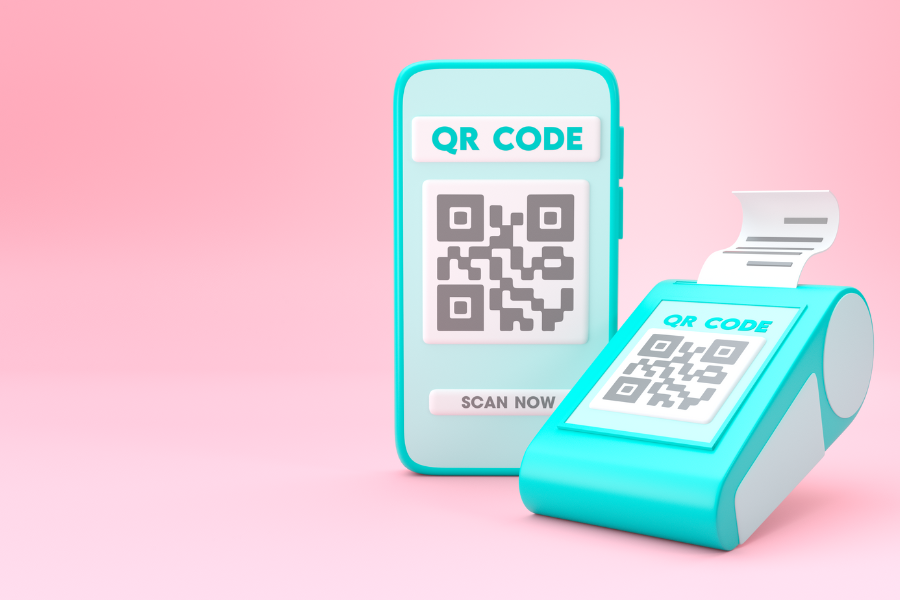What is PWA?
PWA (Progressive Web App) is a website that gives users the experience as if it is a mobile app. This is an app built from web technologies, such as HTML, CSS, and JavaScript which is supposed to serve as an alternative to a native app.
Features of a PWA are just as in native apps, namely, the app-like interface, push notifications, self-updates, or easy installation. After being installed, the PWA can be easily accessed by clicking on its icon on the home screen. Most users cannot recognize that PWA is a web-based app, due to the great performance of PWA.
Why do businesses need a PWA?
A native app is often quite expensive and time-consuming to develop and maintain. With a PWA, businesses can provide their customers with a convenient experience of a mobile app. Not even to say a PWA is better than normal websites for a number of reasons:
- Can be added to the home screen for easier access and use
- Available at offline mode
- Faster capabilities for loading than normal website
- Have push notifications to get users more involved
- More touch-capable, so user interaction feels more responsive
However, some disadvantages could be losses of search traffic, less functionality, and increased battery use.
What are the building blocks needed to build a PWA?
- A secure connection (HTTPS), to improve customers’ trusts and security
- A service worker, which is a script running in the background that processes requests and allows this web-based app to do complex tasks
- The manifest file, which is the JSON file about the instructions of how the PWA should appear and function (you can customize icons, description, colors, etc. here)


